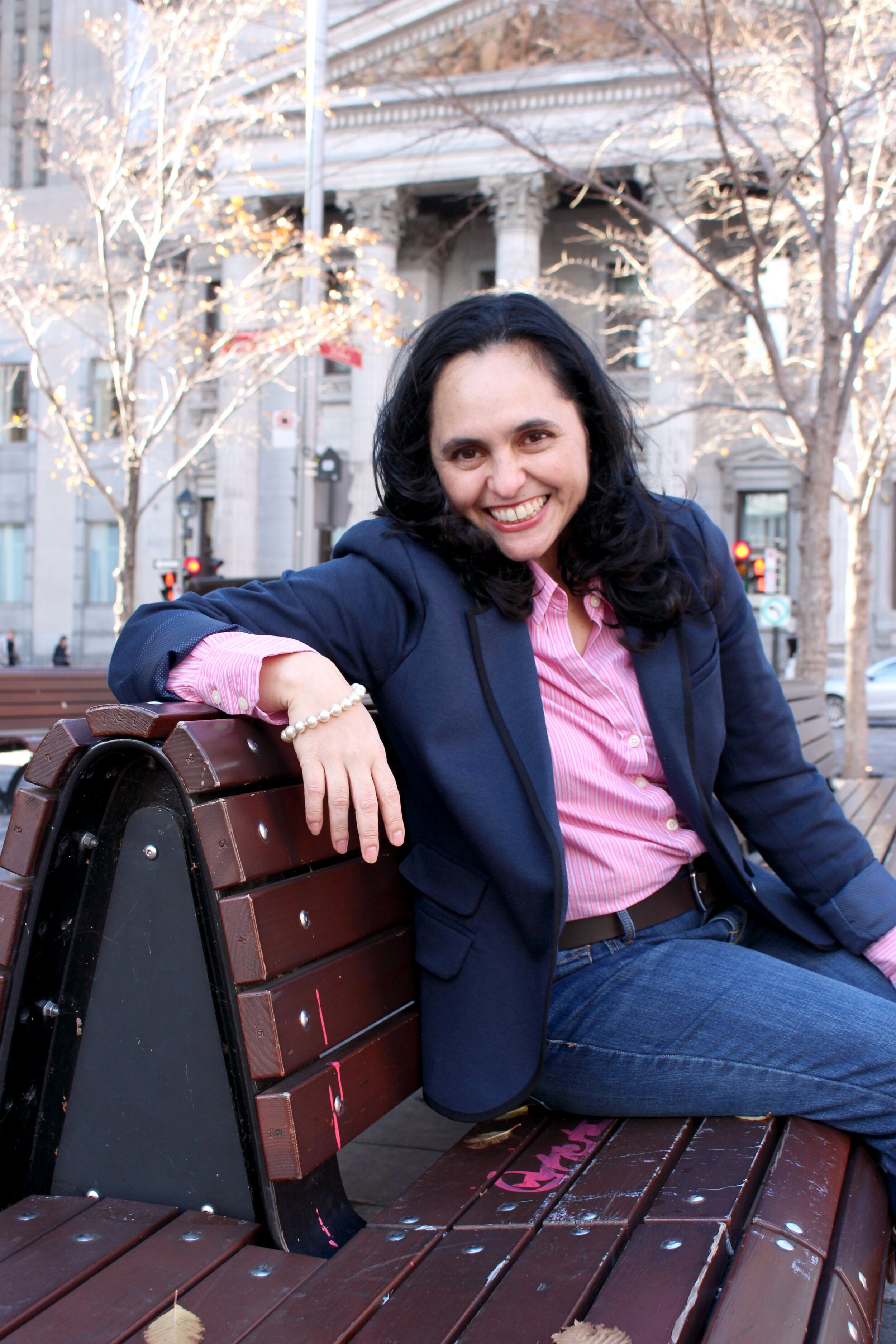Watching Jesus interact with people is the most enlightening and confronting exercise I get from digging in Scripture. And sometimes you don’t have to dig too long before the narrative grabs your heart’s attention like a gentle hand raising your gaze from whatever is eating our minds and holds a mirror to see yourself in light of Truth. This is what I experience reading the first nine verses of John 5.
The apostle John who writes this account situates us right away in an area of Jerusalem where there was a pool called Bethesda. Nearby, we’re told, were many invalids who were blind, paralyzed, or lame. John points out a man who’d been invalid for thirty-eight years. With this information we read the following exchange:
“When Jesus saw him lying there and learned that he had been in this condition for a long time, he asked him,
- “Do you want to get well?”
-- Sir,” the invalid replied, “I have no one to help me into the pool when the water is stirred. While I am trying to get in, someone else goes down ahead of me.” (John 5:6-7 NIV)
Jesus asked a yes / no question, which the man replies with a long explanation revealing the reason he thinks he’s not well, while never really answering the question. His words answered a different question altogether than the one asked; why he thought he wasn’t healed yet. I wonder, how often do we do the same?
Jesus asks an obvious question, for to ask a person who has not walked in more than thirty years if he wants to be well is a rhetorical question. Yet he asks it anyway. Why?
The seemingly misplaced answer serves to reveal the heart of the man. It evidences where his hope is and why it’s been disappointed time and again. His eyes are on the familiar and tangible. The pool was a place where the sick often went in hopes of being healed by its waters. Some manuscripts mention that an angel occasionally came to stir the water.
I think the gospel does the same thing. The gift of grace that is the life, death, and resurrection of Jesus, begs the question from us, ‘do you want to be well?’ A question we frequently answer with something like this: ‘I tried to make it happen but couldn’t, if only I was able to get there, then things would be much better.’
It might be that new job, a spouse, the house you really want, a child, or perhaps that issue that hasn’t yet resolved this year, and which you know once resolved, will make life fall into its proper place once again, filling you with peace and assured that you are going to be ok.
We don’t answer the question because we are impatiently bearing with the unfavourable circumstances, which according to us, keep us from being well. Amidst the noise of our own needs and wants, we miss the fact that the one asking the question is also the answer to it. “Do you want to get well?” is not rhetorical if we don’t know what well looks like. Our answer simply reveals what we think will make us feel well.
The things that occupy the hearts of most believers aren’t usually terrible in of themselves. A home, a better income, a child, or more favourable circumstances, are not bad things to hope for. The issue arises when anything, however good, becomes the reason we can be well.
The exchange between the invalid and Jesus ends swiftly with Jesus showing his deity and authority by simply commanding him to walk- therefore making him physically well:
-Then Jesus said to him, “Get up! Pick up your mat and walk.” At once the man was cured; he picked up his mat and walked.” (John 5:8-9 NIV)
Did this solve the man’s problems? Surely, it improved his quality of life exponentially. He gained mobility, and with it, independence to move about freely. Yet a few paragraphs later, they see each other at the temple, and Jesus tells him to stop sinning lest something else happens to him.
This helps me see that although I may get the thing I most want and with it fill what I see as my greatest need, there is still a greater area of need. He no longer had a handicap, but he still had the ability and desire to sin. And so do we.
I love this passage because in it, Jesus shows off his power. Being truly human and truly God, we see him display humanity and compassion, while also divine authority that with mere words he is able to command a body back to health. John is intentional in how he places the reader right in the middle of it all. But I love this passage mostly because it subtly shows that while God is willing and more than able to do spectacular, His truth is usually profoundly simple and in plain sight. We are not well because even when healed from ailments and suffering that come with the broken human condition, our greatest ailment is within us.
And the One who has the authority to speak light into existence, order the raging waters to calm, or an invalid body to get up and walk, is the only One who can knows the areas in my life where I am not well and promises to do for me what no medicine, guru, self-help book, or treatment can do; change my heart. This, friends is the greatest wellness we can hope for and the greatest need we have.

